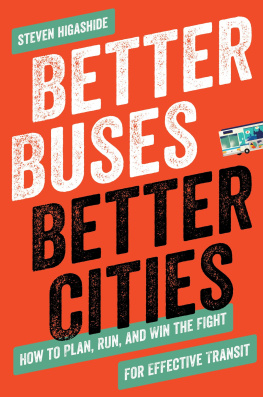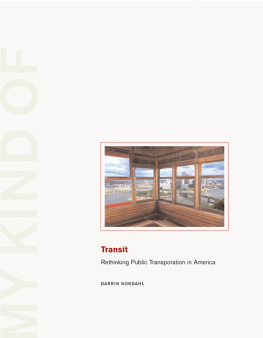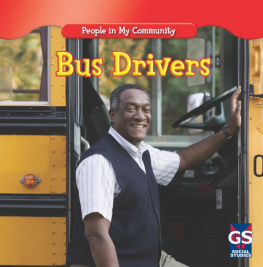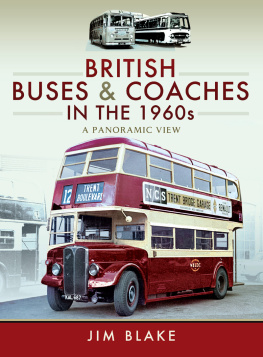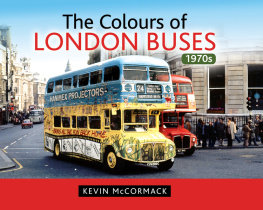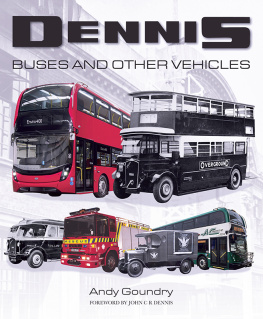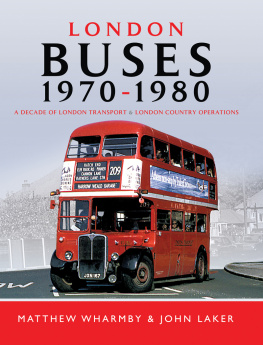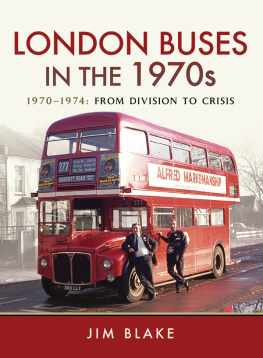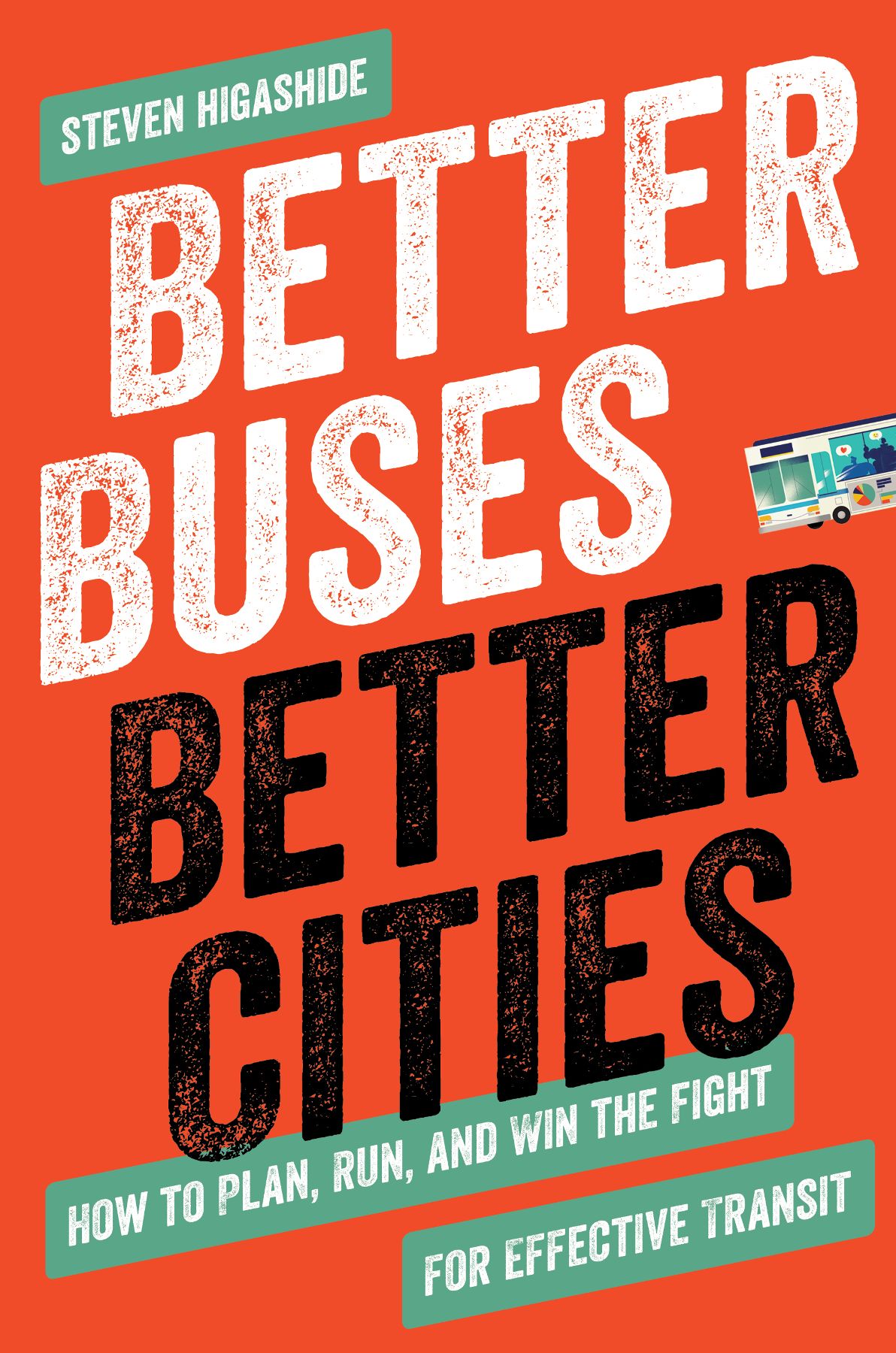
About Island Press
Since 1984, the nonprofit organization Island Press has been stimulating, shaping, and communicating ideas that are essential for solving environmental problems worldwide. With more than 1,000 titles in print and some 30 new releases each year, we are the nations leading publisher on environmental issues. We identify innovative thinkers and emerging trends in the environmental field. We work with world-renowned experts and authors to develop cross-disciplinary solutions to environmental challenges.
Island Press designs and executes educational campaigns in conjunction with our authors to communicate their critical messages in print, in person, and online using the latest technologies, innovative programs, and the media. Our goal is to reach targeted audiencesscientists, policymakers, environmental advocates, urban planners, the media, and concerned citizenswith information that can be used to create the framework for long-term ecological health and human well-being.
Island Press gratefully acknowledges major support from The Bobolink Foundation, Caldera Foundation, The Curtis and Edith Munson Foundation, The Forrest C. and Frances H. Lattner Foundation, The JPB Foundation, The Kresge Foundation, The Summit Charitable Foundation, Inc., and many other generous organizations and individuals.
Generous support for the publication of this book was provided by Margot and John Ernst.
The opinions expressed in this book are those of the author(s) and do not necessarily reflect the views of our supporters.

Island Press mission is to provide the best ideas and information to those seeking to understand and protect the environment and create solutions to its complex problems. Click here to get our newsletter for the latest news on authors, events, and free book giveaways.
Better Buses, Better Cities
Better Buses, Better Cities
How to Plan, Run, and Win the Fight for Effective Transit
Steven Higashide

Washington | Covelo | London
2019 Steven Higashide
All rights reserved under International and Pan-American Copyright Conventions. No part of this book may be reproduced in any form or by any means without permission in writing from the publisher: Island Press, Suite 650, 2000 M Street, NW, Washington, DC 20036
ISLAND PRESS is a trademark of the Center for Resource Economics.
Library of Congress Control Number: 2019938723
Keywords
autonomous vehicle, bus operator, bus rapid transit (BRT), bus shelter, captive rider, choice rider, equity, fair fares, microtransit, National Association of City Transportation Officials (NACTO), public transit, TransitCenter, transportation funding, transportation planning, transportation policy, transportation technology, walkability
Contents
My Own Bus Story
As a public transportation researcher and advocate, Ive heard a lot of personal stories about the bus. Some of these came during focus groups of transit riders Ive organized as part of my work. Other stories have come from the public servants working to deliver better bus service and the activists and elected officials working to win it from the outside. This book shares the stories of dozens of people, across the country, working to make bus service better. It seems only right that I share my own story as well.
Riding the bus figures into my earliest memories, of taking a Chicago Transit Authority crosstown local to the beaches of Lake Michigan with my family. Memory is a malleable thing, and I cant fully trust in my recollection of the vehicles white, blue, and red livery; the blue fabric-backed seats; the plastic shovels and castle molds I carried in a mesh bag. But I know the bus made my childhood meaningfully richer.
After my family moved to the suburbs of New Jersey, I didnt take a public bus again until high school, when my friends and I visited Manhattan. Like many people, I mostly found buses confusing but easy to ignore. How buses worked was secret knowledge, written down in obscure pamphlets I never tried to track down.
That changed when I spent a college semester in London. By 2006, London was in the midst of an incredible transformation of its transportation network. Three years earlier, the city had introduced a congestion charge, tolling private vehicles entering busy central neighborhoods. It vastly expanded its bus network to prepare for the change and carpeted its streets with miles of red bus-only lanes. The buses were fast, cruising past lines of taxis and trucks. They were easy to use, with a quick tap of the Oyster smartcard granting access. They felt ubiquitous, arriving often and seemingly going to every place. Even then, before I knew I would make transportation a career, I found this revelatory.
I fell for transit while interning at a nonprofit advocacy group, the Tri-State Transportation Campaign, based in New York City. My first accomplishment was writing a report on how better bus service could help people in New Yorks Hudson Valley. At Tri-State, I realized that the deepest expertise sometimes resides outside of government and the media and that change is often impossible without outside agitation. It was there that I first learned how to craft a sound bite, endure angry phone calls from officials I had criticized, and lurk in the hallways to catch lawmakers on their way to vote. I helped pass legislation protecting transit funding in Connecticut, defended transportation reformers in New York City government from criticism, and killed congressional attempts to defund transit.
Most recently, Ive directed research efforts at TransitCenter, a foundation that works to improve transit in the United States by conducting research, supporting advocacy campaigns, and convening transit reformers. Ive authored and commissioned research into what transit riders want, how demographics influence transit ridership, how parking rules and federal tax policy change how we get around, and what city leaders should do to create great transportation systems. Best of all, Ive gotten to meet and learn from hundreds of people working to change public transit in this country.
I believe we need a bigger, broader transit reform movement in America. For this book, I was lucky to speak with dozens of people who are part of that movement today: advocates, elected leaders, researchers, transportation professionals, and philanthropists. I want to acknowledge that many of them are colleagues; some work with organizations that TransitCenter has supported through grants. Unlike the book that some journalists and researchers might write, this is not a dispassionate analysis, done at remove. It is an opinionated argument for better buses in our cities, drawing on the latest transportation research, my own work, and the experiences of many people working to make their own communities better places to live.
Writing this book was like taking the bus in a new city, with detours and missed stops and plenty of pauses along the way to reorient myself. I was lucky to have the guidance of a steady and patient editor, Heather Boyer, who encouraged and coached me through the toughest spots and kept me on board.
I would never have been in the position to write this book were it not for all Ive learned from fellow activists, journalists, researchers, and practitioners. Among them, Id especially like to thank my current and former colleagues at TransitCenter, including David Bragdon, Tabitha Decker, Mary Buchanan, Rosalie Ray, Kirk Hovenkotter, Hayley Richardson, Jennifer Elam, Chris Pangilinan, Stephanie Lotshaw, Zak Accuardi, Jon Orcutt, Joelle Ballam-Schwan, Julia Ehrman, and Shin-pei Tsay.
Next page
